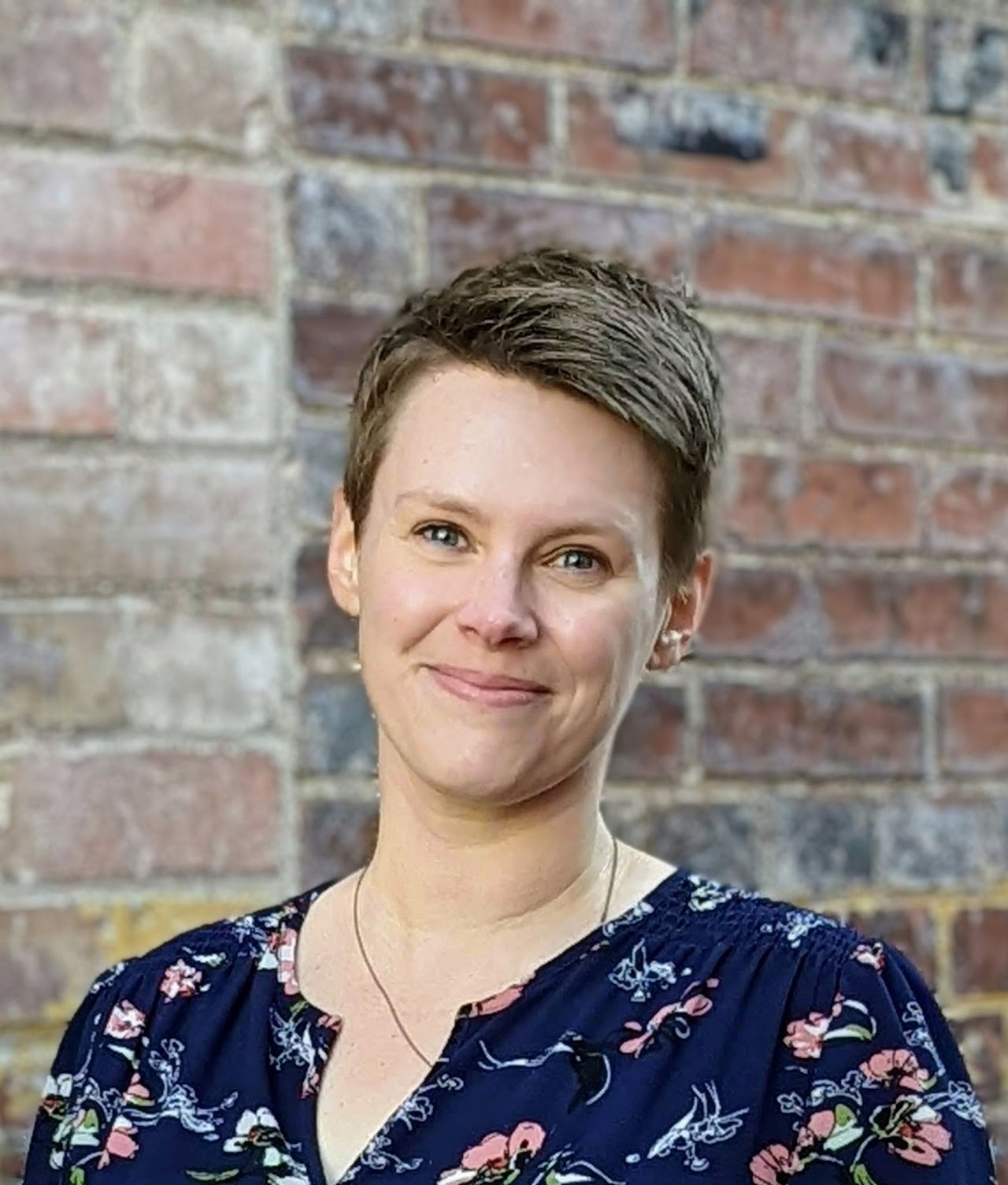Susan Meerdink

Susan Meerdink
Education
B.S. Geographical Information Science & B.A. Ecology & Systematics Honors Research, 2012
M.A. & Ph.D. University of California Santa Barbara
Why did you choose to attend UNI? What factors influenced your reason for studying your major?
UNI was the perfect size for me. I wanted to be a name and face in my classes rather than a number. I was also excited about how personal the faculty were and charmed by the fact they were excited about me wanting to join.
What do you do in your current position? What do you enjoy about it?
I am an assistant professor in the Geographical and Sustainability Sciences Department at the University of Iowa. This position allows me to have the best of both worlds. I get to interact with students through teaching. I also get to conduct research and exploring new frontiers of science. This position allows me to be continually learning which is something that I thoroughly enjoy.
How did your major help prepare you for your current role? What skills are you still using today?
My major first introduced me to the discipline that I’ve chosen for my career. I took my first GIS class as an elective for my ecology major, but promptly fell in love with the idea of using spatial technology to advance our understanding of ecology. From there my major taught me all the basic spatial analysis skills that I still use today for my job. I also gained valuable research experience and had the opportunity to present at conferences with my own research. That experience was critical for my future degrees and current position.
What is a memorable part of your studies or participation within your major?
This is a hard question! I have so many memorable parts. My favorite professor is Dr. Andrey Petrov. He was truly invested in his student’s success and took the extra time to encourage us as we moved forward in our careers. He gave me my first research experience and the opportunity to participate in a national conference to present that research. He always found time in his busy schedule to give advice about career paths, editing resumes/CVs, and selecting graduate programs. He even found funds to send a few of us students to Toronto, Canada for an international conference to present, which was a fantastic experience.
What advice would you give to students currently interested in the same major and/or going into your career field?
It is not enough to memorize the steps for using a tool or technique. Take full advantage of UNI’s focus on undergraduate education and the professor’s enthusiasm for educating students. Use this opportunity to participate in a research project which will turn you into a data scientist and analyst rather than just a technician who knows the steps.
